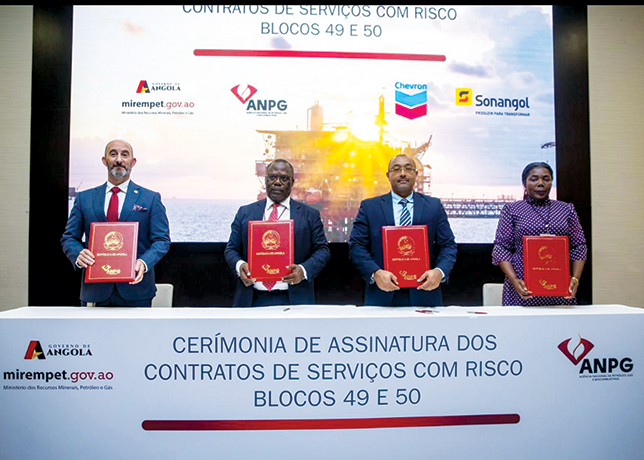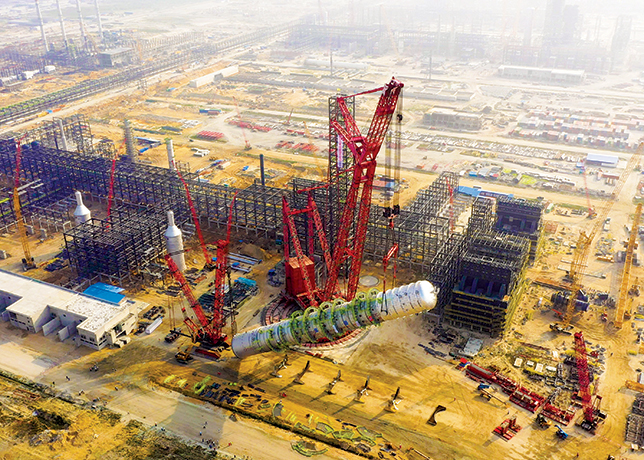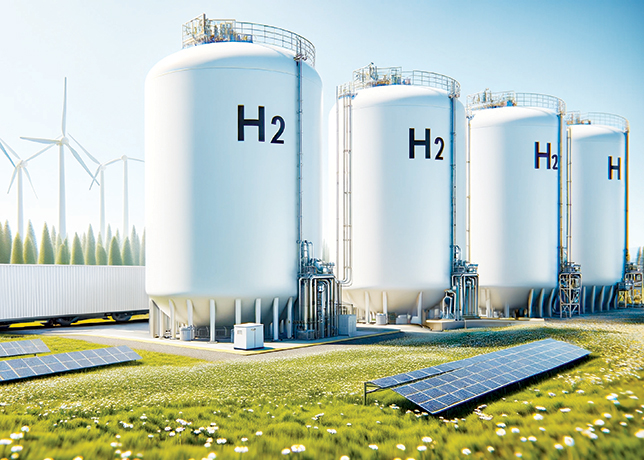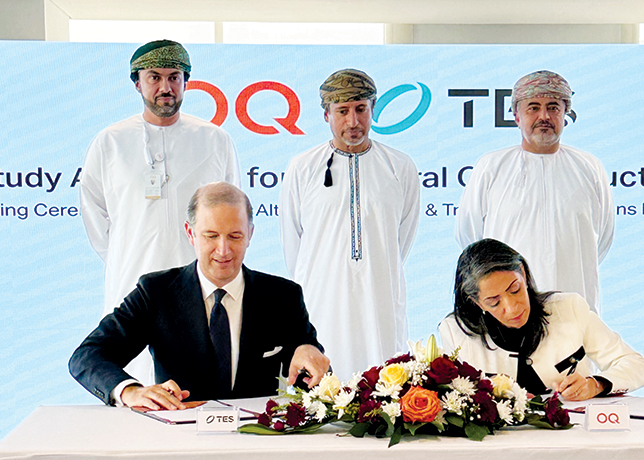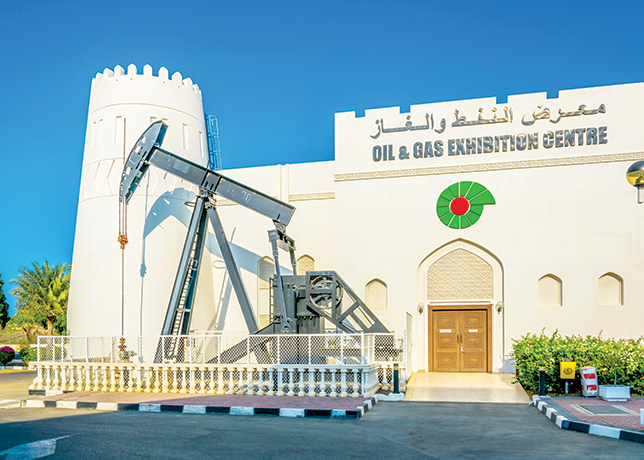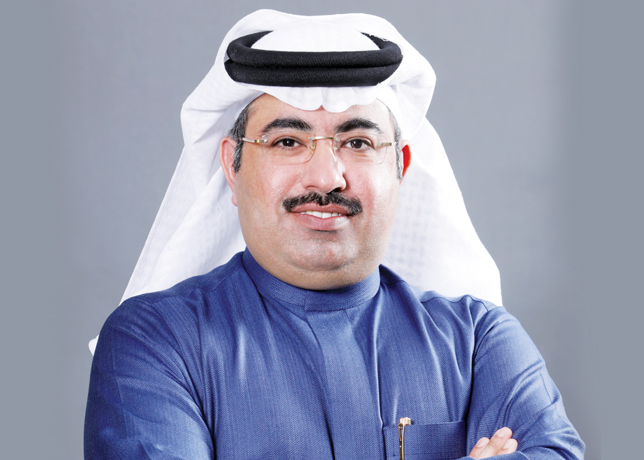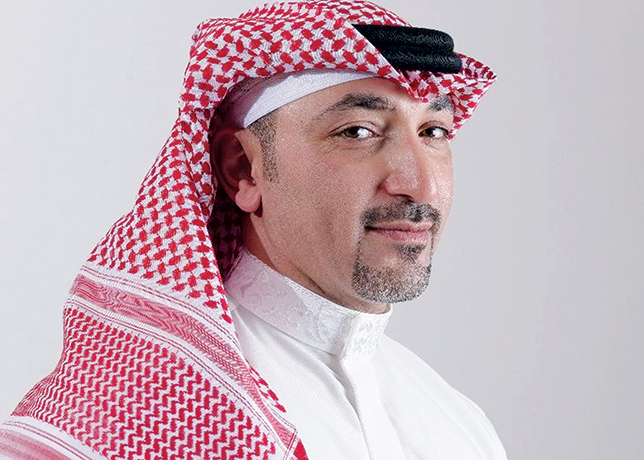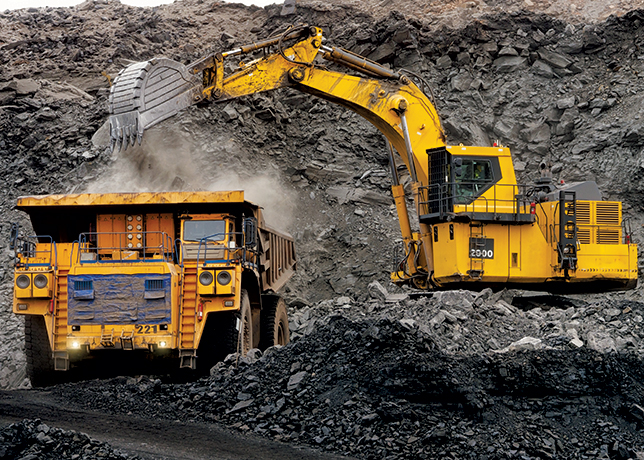
 Nasser ... energy transition should be fair
Nasser ... energy transition should be fair
Critics say that the world has to get rid of fossil fuel if it wants to win the fight against climate change. The promoters (some and not all) of fossil fuel on the other hand reason for a just transition and argue that fossil fuel producing companies can be reliable partners in the race.
Both camps have some merits in their arguments, but can there be a middle ground in this raging debate?
Let’s look at the first premise: the world is hungrier than ever for energy. It increasingly needs energy resources, and traditionally those have been easy to use, easy to access fossil fuel.
In the last decade or so, renewables have tried to catch up. The technology to produce energy from wind and solar has become cheaper.
A study by Energy Innovation suggested that that it now costs less to build new renewable energy projects than to operate existing coal plants in the US.
The limitation with renewable energy at the moment is that it’s hindered by weather patterns. Clouds can be a bane for solar farms and a windless day can be woeful for wind turbines. Energy storage here is the problem.
So the easier choice for most economies is to burn fossil fuel.
That brings us to the second premise: Fossil fuel creates huge emissions. In 2018, 89 per cent of global CO2 emissions came from fossil fuels and industry, according to The Intergovernmental Panel on Climate Change (IPCC) report.
Those stats are enough for climate activists and environmental organisations to allege that oil producing companies are colluding to keep the oil taps on and are playing both sides of the fence.
In June, a UN agency sent a letter to Aramco, the world’s largest oil producing company, expressing concern over the company’s plans for expanding oil and gas production.
It’s not known why Aramco was singled out in the correspondence.
ARAMCO’S LONG-STANDING POSITION
Although Aramco has not responded to the UN letter, the company insists oil and gas companies can positively contribute to the climate challenge.
It says on its website that it 'supports the aims of the Paris Agreement to limit the global average temperature increase to well below 2 deg C above pre-industrial levels'.
 |
A part of the open letter from the CEOs of the Oil and Gas Climate |
The company says that the speed of energy transition should be contextual for every country.
Speaking at an energy forum in Malaysia in June Amin Nasser, Aramco CEO, said that while transition policies rightly attempted to address environmental sustainability, the equally critical issues of energy security and affordability are under-emphasised.
In the context of Asia, he said: 'But when it comes to the energy transition, I do not believe the interests of this dynamic region are being adequately reflected in the popular energy transition narrative and current transition policies.'
He was making a fair point. 'Almost half of the region, or 2 billion people, do not have access to clean cooking fuels, damaging health and the environment. And 150 million people have no access to electricity; 350 million have only limited access; while almost a billion experience frequent power interruptions,' he told Energy Asia.
The same is true in the case of Africa. At least, 600 million people in the continent of over 1.2 billion people lack access to electricity, according to the International Energy Agency (IEA).
Even in the case of the Gulf countries, they wouldn’t have seen progress and development and improved the living standards of its people had it not been for the oil riches.
So it’s not fair to apply the energy transition policies to all countries alike, especially those like the African countries, who are yet to take full advantage of their oil and gas reserves to drive industrialisation.
Thus climate change mitigation goals cannot happen at the expense of energy security, and conventional energy sources and alternatives will have to work in parallel for some time.
With regard to Gulf oil producers, there is no denying that companies like Aramco and Adnoc have been investing heavily in technologies that help mitigate emissions.
If it makes climate activists feel any better, Aramco is also part of the Oil and Gas Climate Initiative (OGCI), a CEO-led initiative that comprises 12 of the world’s leading energy companies focused on leading the industry’s response to climate change and accelerating action to a net-zero future consistent with the 2015 Paris Agreement.
The company also recently launched a $1.5-billion dollar sustainability fund to invest in advanced technologies that will help move closer to a net-zero emissions future.
However, it remains that energy transition if done the wrong way can actually backfire as populations rise and their energy needs increase.
In Nasser’s words: 'Reducing emissions to address climate change, while meeting the world’s energy needs, remains the biggest single challenge of this century.'
By Abdulaziz Khattak





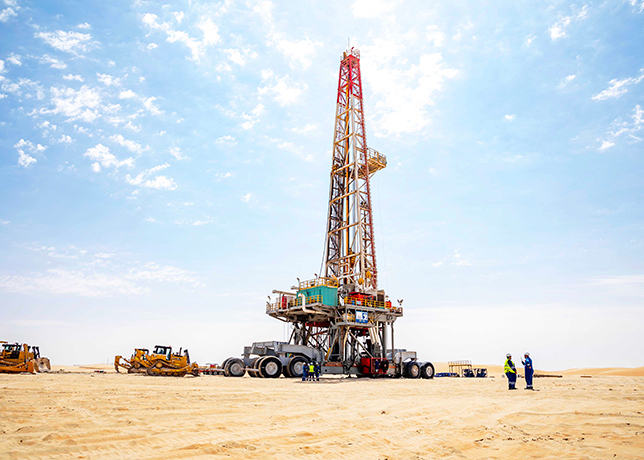




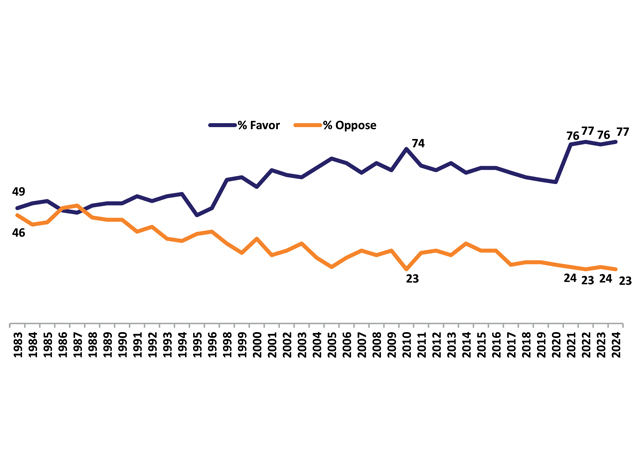
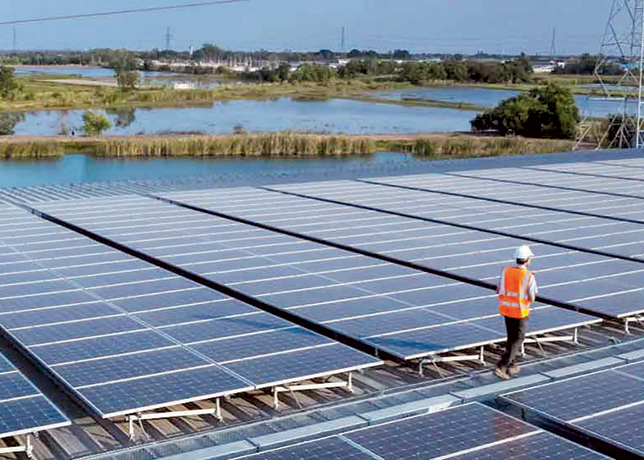

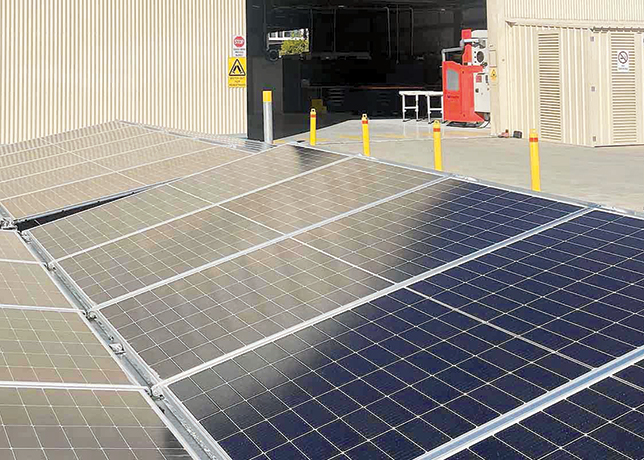

.jpg)


